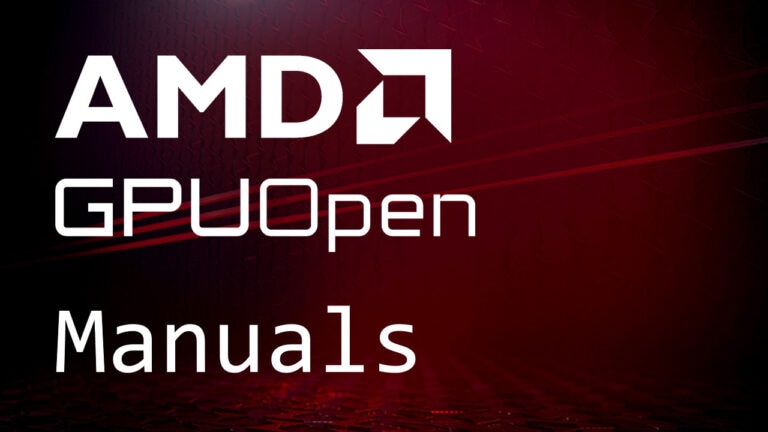# Copyright (c) 2024 Advanced Micro Devices, Inc. All Rights Reserved.
"""
Implementation of a DictionarySpace, a space representing a string keyed dictionary of other spaces.
"""
from collections import OrderedDict
from functools import cached_property
from typing import Dict, List, Union
import gymnasium
import schola.generated.Spaces_pb2 as proto_spaces
import schola.generated.Points_pb2 as proto_points
from .base import UnrealSpace
import numpy as np
import logging
from .discrete import DiscreteSpace, MultiDiscreteSpace
from .binary import MultiBinarySpace
from .box import BoxSpace
from .base import get_space_shape_as_int, merge_space_shape
[docs]
class DictSpace(gymnasium.spaces.Dict):
"""
A Space representing a dictionary of spaces.
Parameters
----------
space_dict : Dict[str, gymnasium.spaces.Space]
The dictionary of spaces to be represented.
Attributes
----------
spaces : Dict[str, gymnasium.spaces.Space]
The dictionary of spaces represented by this object.
See Also
--------
gymnasium.spaces.Dict : The gym space object that this class is analogous to.
proto_spaces.DictSpace : The protobuf representation of this space.
"""
[docs]
def __init__(self, space_dict=None):
super().__init__(space_dict)
self._shape = merge_space_shape(self.spaces.values())
[docs]
def fill_proto(self, msg: proto_points.DictPoint, action):
for name, space in self.spaces.items():
space.fill_proto(msg.values.add(), action[name])
@cached_property
def shapes(self):
"""
Get the shapes of the subspaces in the dictionary space.
Returns
-------
Dict[str, Tuple[int]]
A dictionary of the shapes of the subspaces in the dictionary space
Examples
--------
>>> space = DictSpace({"a": BoxSpace(0, 1, shape=(2,)), "b": DiscreteSpace(3)})
>>> space.shapes
{'a': 2, 'b': 1}
"""
ret_val = dict()
for name, space in self.spaces.items():
ret_val[name] = get_space_shape_as_int(space)
return ret_val
[docs]
@classmethod
def from_proto(cls, message):
subspace_dict = OrderedDict()
for name,value in zip(message.labels,message.values):
#TODO clean this up
if value.HasField(BoxSpace._name):
new_entry = BoxSpace.from_proto(value.box_space)
elif value.HasField(DiscreteSpace._name):
new_entry = MultiDiscreteSpace.from_proto(value.discrete_space)
elif value.HasField(MultiBinarySpace._name):
new_entry = MultiBinarySpace.from_proto(value.binary_space)
subspace_dict[name] = new_entry
return DictSpace(subspace_dict)
[docs]
def to_normalized(self):
"""
Normalize this dictionary space by normalizing all of the subspaces in this dictionary space.
Returns
-------
DictSpace
The normalized dictionary space. A modified version of the space this method is called on
Examples
--------
>>> space = DictSpace({"a": BoxSpace([0,0],[2,2]), "b": DiscreteSpace(3)})
>>> space.to_normalized()
Dict('a': Box(0.0, 2.0, (2,), float32), 'b': Discrete(3))
"""
for key, value in self.spaces.items():
value.to_normalized()
return self
[docs]
def process_data(self, msg : proto_points.DictPoint):
return {name: space.process_data(point_msg) for name, space, point_msg in zip(*zip(*self.spaces.items()), msg.values)}
@property
def has_only_one_fundamental_type(self):
"""
Check if all the subspaces in the dictionary space are of the same fundamental type.
Returns
-------
bool
True if all the subspaces are of the same fundamental type, False otherwise
Examples
--------
>>> space = DictSpace({"a": BoxSpace([0,0],[2,2]), "b": DiscreteSpace(3)})
>>> space.has_only_one_fundamental_type
False
>>> space = DictSpace({"a": BoxSpace([0,0],[2,2]), "b": BoxSpace([0,0],[2,2])})
>>> space.has_only_one_fundamental_type
True
>>> space = DictSpace({"a": DiscreteSpace(3), "b": MultiDiscreteSpace([3,3])})
>>> space.has_only_one_fundamental_type
True
"""
fundamental_type = None
for key,value in self.spaces.items():
if fundamental_type is None:
fundamental_type = type(value)
elif fundamental_type in [DiscreteSpace,MultiDiscreteSpace]:
if not isinstance(value,(DiscreteSpace,MultiDiscreteSpace)):
return False
else:
if not isinstance(value,fundamental_type):
return False
return True
[docs]
def simplify(self) -> UnrealSpace:
"""
Simplify the dictionary space by merging subspaces of the same fundamental type, if possible.
Returns
-------
gymnasium.spaces.Space
The simplified space
Examples
--------
>>> space = DictSpace({"a": BoxSpace([0,0],[2,2]), "b": BoxSpace([0,0],[2,2])})
>>> space.simplify()
Box(0.0, 2.0, (4,), float32)
>>> space = DictSpace({"a": DiscreteSpace(4), "b": BoxSpace([0,0],[2,2])})
>>> space.simplify()
Dict('a': Discrete(4), 'b': Box(0.0, 2.0, (2,), float32))
>>> space = DictSpace({"a": DiscreteSpace(4)})
>>> space.simplify()
Discrete(4)
"""
#Only one space so simplify to it
if(len(self.spaces) == 1):
return next(iter(self.spaces.values()))
#We can merge matching spaces
elif(self.has_only_one_fundamental_type):
spaces = list(self.spaces.values())
return type(spaces[0]).merge(*spaces)
else:
return self














